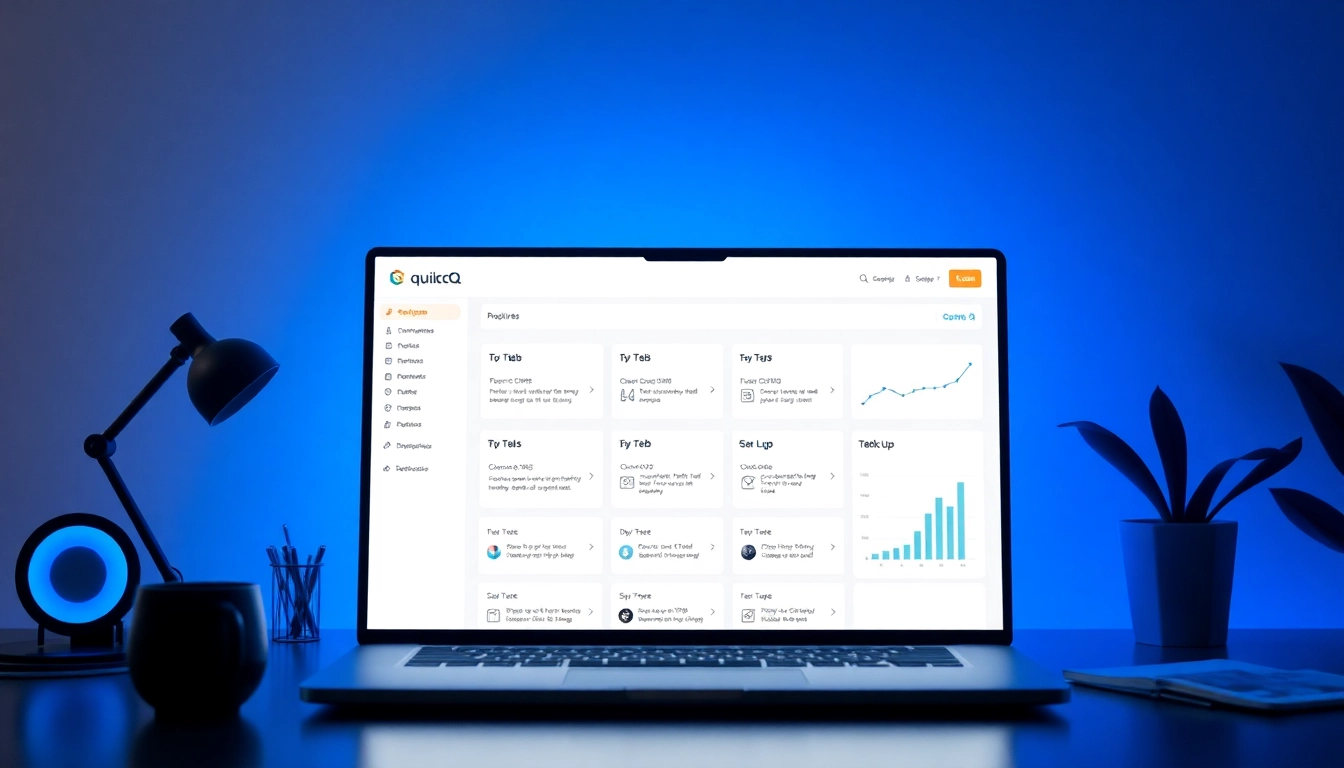Introduction to PHP Web Development Course
What is PHP and Its Importance in Web Development?
PHP, which stands for Hypertext Preprocessor, is a widely-used, open-source scripting language designed primarily for web development. It is an integral part of the LAMP stack (Linux, Apache, MySQL, PHP), serving as a bridge between web servers and databases and allowing developers to create dynamic web pages. Its importance cannot be overstated; as the backbone of many popular web applications and content management systems, including WordPress, Joomla, and Drupal, PHP facilitates seamless interaction between server-side scripts and client-side content.
One of the core strengths of PHP lies in its simplicity and flexibility, making it an attractive choice for both novice and experienced developers. A PHP web development course can help you harness these capabilities effectively, allowing you to create robust applications and manage server-side logic with ease. With a strong understanding of PHP, you can tackle a variety of project requirements, from simple web forms to complex eCommerce systems.
Course Objectives and Outcomes
The primary objectives of this PHP web development course are to provide a solid foundation in PHP programming and to equip learners with the skills necessary to design, develop, and maintain web applications. By the end of this course, participants should be able to:
- Understand the syntax and semantics of PHP.
- Set up a local development environment for efficient coding.
- Create dynamic websites using PHP and MySQL.
- Implement CRUD (Create, Read, Update, Delete) operations in a web application.
- Utilize advanced PHP features, including object-oriented programming and frameworks.
- Adhere to best practices in PHP development and maintain code quality.
Understanding Core Concepts of PHP
Core concepts foundational to PHP include variables, data types, operators, control structures (if statements, loops), functions, and error handling. Each of these elements plays a critical role in building scripts that function correctly and efficiently. Understanding how PHP interacts with HTML, CSS, and JavaScript is also essential, as it allows developers to produce interactive and user-friendly web experiences.
Setting Up Your Development Environment
Choosing the Right Tools for PHP Web Development Course
The first step in becoming proficient in PHP development is selecting the right tools. This includes choosing a code editor or integrated development environment (IDE), selecting a suitable web server, and deciding on a local development framework. Popular choices for code editors include Visual Studio Code, Sublime Text, and PHPStorm, while XAMPP and MAMP are recommended for local server environments.
Installing PHP and Required Software Stack
To begin programming in PHP, it is essential to install the required software stack. This process typically involves installing the PHP interpreter, a web server (like Apache), and database management software (like MySQL or MariaDB). Most modern PHP installations come packaged with these components for ease of use. It is crucial to ensure that the versions of PHP and the database system are compatible, as updates may introduce new features or requirements that affect compatibility.
Configuring Your Local Server Environment
After installing the software stack, the next step is to configure the local server environment. This requires setting up server directories, adjusting configuration files (like php.ini), and ensuring proper permissions for files and directories. Properly configured server settings facilitate the easy execution and testing of PHP scripts. Familiarity with these configurations is essential, as they can have significant impacts on the performance and security of your applications.
Building Your First PHP Application
Creating and Structuring PHP Files
Creating your first PHP application begins with organizing your file structure systematically. PHP files typically have a .php extension and can contain both HTML and PHP code. Knowledge of the document structure is crucial—for instance, ensuring that PHP code is embedded within HTML tags while correctly opening and closing PHP tags. Following best practices in naming conventions and file organization helps in maintaining cleaner code that is easier to debug and understand.
Implementing Basic CRUD Operations in PHP
CRUD operations (Create, Read, Update, Delete) serve as the foundation for interacting with databases. Understanding how to perform these operations in PHP using SQL queries is essential for web application development. This section will cover how to connect to a MySQL database, execute INSERT statements for data creation, retrieve data using SELECT statements, update existing records, and remove entries from the database. Mastery of these operations allows developers to build dynamic, data-driven applications.
Debugging and Testing Your PHP Code
Debugging and testing are vital components of web development. Familiarity with tools and techniques, such as print debugging, using PHP’s built-in error reporting, and leveraging debugging tools like Xdebug can significantly enhance a developer’s ability to identify and resolve issues. Implementing a thorough testing strategy, including unit tests and integration tests, ensures code reliability and quality, reducing the likelihood of bugs in production environments.
Advanced PHP Programming Techniques
Understanding Object-Oriented Programming in PHP
Object-oriented programming (OOP) is a programming paradigm that organizes code into reusable and modular structures known as objects. PHP supports OOP, providing features like classes, inheritance, encapsulation, and polymorphism. By implementing OOP principles, developers can create more scalable and maintainable code. This section will introduce key OOP concepts, demonstrating how to define classes, create objects, and utilize inheritance to build sophisticated PHP applications.
Using PHP Frameworks for Efficient Development
PHP frameworks such as Laravel, Symfony, and CodeIgniter offer a structured environment for developing applications more efficiently. These frameworks provide built-in tools, libraries, and best practices, streamlining features such as routing, templating, and ORM (Object-Relational Mapping). Familiarizing yourself with at least one framework can significantly enhance your development capabilities and allow you to build scalable applications in less time.
Integrating PHP with Databases
Integrating PHP with databases is critical for any web application that manages data. MySQL is the most common relational database management system used with PHP. This section will cover how to perform advanced database operations in PHP, including connecting to databases securely, using prepared statements to prevent SQL injection, and implementing transactions to maintain data integrity. Understanding these concepts is crucial for building robust applications that securely handle user data.
Best Practices and Resources for Continuous Learning
Common Pitfalls in PHP Development and How to Avoid Them
New PHP developers often encounter several common pitfalls, including poor error handling, security vulnerabilities, and inefficient code practices. To avoid these issues, developers should prioritize writing clean, readable code and adhere to coding standards (such as PSR – PHP Standards Recommendations). Regular code reviews and collaboration with peers can also help catch errors early and promote best practices in coding.
Staying Updated with PHP Trends and Community
The PHP landscape is continuously evolving, with frequent updates introducing new features, performance enhancements, and security measures. Engaging with the PHP community through forums, conferences, and online resources can provide insights into current best practices and trends. Following influential PHP blogs, podcasts, and newsletters is also valuable for keeping your skills sharp and staying informed about industry developments.
Recommended Resources and Further Reading for PHP Web Development Course
For those pursuing mastery in PHP, the following resources are highly recommended:
- Official PHP Manual: The definitive resource for PHP documentation.
- Books: Look for well-reviewed titles focused on PHP development, such as “PHP Objects, Patterns, and Practice” and “Modern PHP.”
- Online Courses: Explore platforms offering comprehensive PHP training, which often include project-based learning.
- Community Forums: Engage with communities such as Stack Overflow, PHP forums, and GitHub to ask questions and collaborate.



